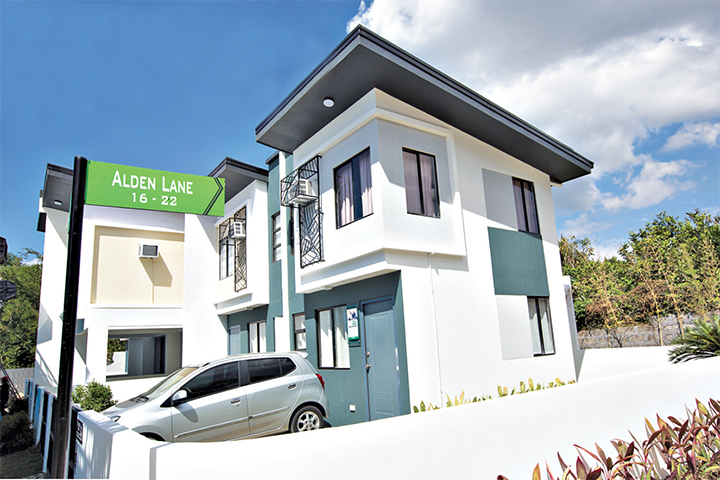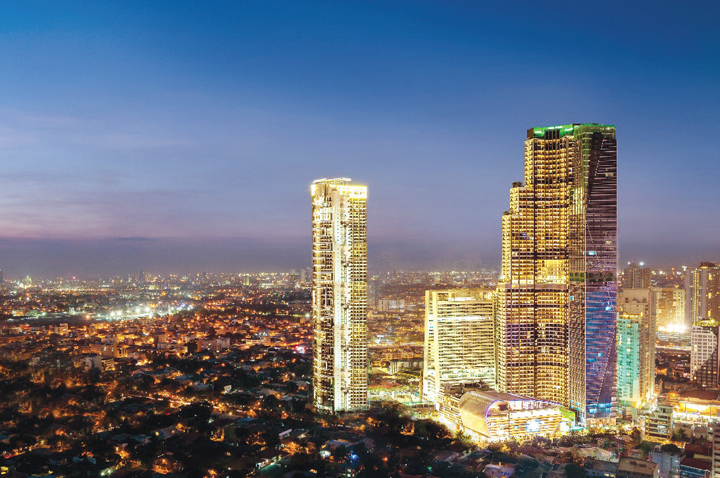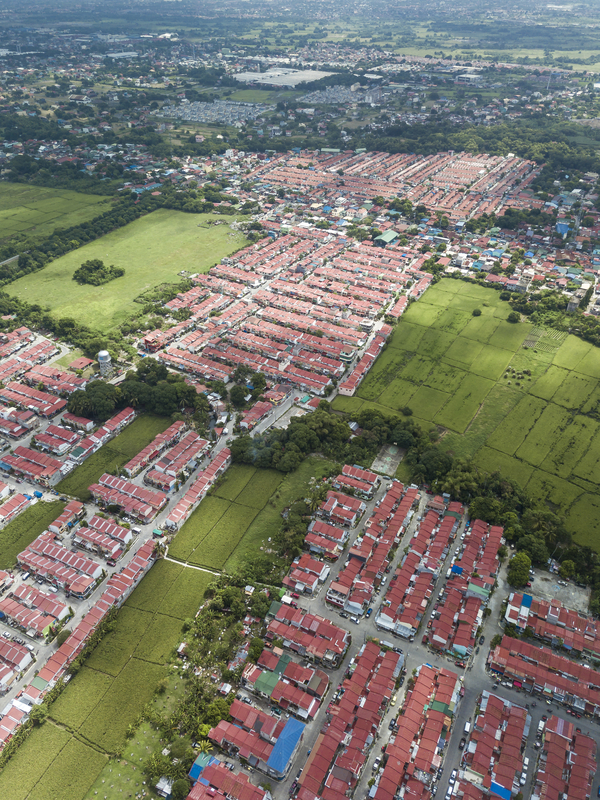
AS the clock struck exactly at five in the afternoon, marking the end of the inaugural PropTech Summit, Futu/RE by the Urban Land Institute, all of the organizers were hugging each other in a congratulatory embrace as the almost unthinkable happened—the staging of the first-ever real-estate and technology forum.
Close to 180 of the top practitioners in the real-estate industry both locally and internationally packed the intimately cozy Maybank Theatre on Thursday, April 4, 2019.
Aside from some of the most seminal talks, the inaugural conference yielded many firsts: a pioneering hackathon between Unionbank and Fintech Philippines Association for the benefit of the Urban Land Institute and the real-estate industry in general; a collective promise to regenerate the impossibly hip Poblacion in Makati; and a promise to ensure the Tech-Ing Up of the real-estate industry are some of the key highlights.

Kudos to all the men and women behind this ingenious event of this scale and magnitude!
Dubbed The Futu/RE Summit, it intended to showcase exciting opportunities and developments as the real-estate industry is transformed by technology and innovation. The event featured experts and thought leaders at the forefront of this wave of transformation who made the summit beneficial to the participants with their inspiring and meaningful dialogues, close collaboration and responsible leadership.
Needless to emphasize, the real-estate industry has been disrupted by the technological innovations, shaping the landscape of the business now and the years to come. With a market that is hungry for innovation, this industry revolution will just go on and on.
Knowing that every step of the real-estate process is now enhanced by technology, from the beginning (which of course, starts with the client’s musings and interest) of search to closing deals, every transaction can be done with the click of a button.

A recent study which shows that 91 percent of realtors use social media, while 92 percent of buyers use the Internet, it only makes sense that players should level up digitally.
The industry caters to varying markets coming from all ages and sectors of societies. As industry players strive to provide the best service to everyone, it needs to adapt to these innovative disruptions, which is of course dominated by the younger generations. While millennials are more eager to learn, older generations tend to resist the process of evolution, the real estate is no different. That is why we had this conference, to tell everyone that we embrace this digital revolution and we are ready for it.
And we brace ourselves for the years to come.
One of the notable takeaways from the event was emphasized by Sylvester Wong of AECOM, a panelist at ULI Philippines Technical Assistance Panel on “Poblacion,” a pitch competition with a grand prize of up to P100,000 for community innovation initiatives, technologies, and projects that address the key challenges of Poblacion, Makati, which represented common but rapidly urbanizing cities in the Philippines.
Quoting Wong, he said “Cities need incubators of great culture—the successful ones are in great locations like Poblacion. Don’t shed everything that makes a city grow. Keep those elements that have a low cost a failure and can really soar high.”
He succinctly points out what must be done by all other cities in the country to fuel the fire in this millennial revolution in face of the technological advancement that has driven the entire industry over the recent years.
This revolution does not go unchallenged.
And one of the important lessons and loud truth that we all learned during the event was traffic, the ever perpetual traffic congestions in the cities proved to be a tough challenge and more often than not an obstacle to the industry’s progress.
This was irrefutably established and highlighted in the Poblacion challenge.
Well, traffic is challenge not only to the real-estate industry but to most sectors of modern societies.





























